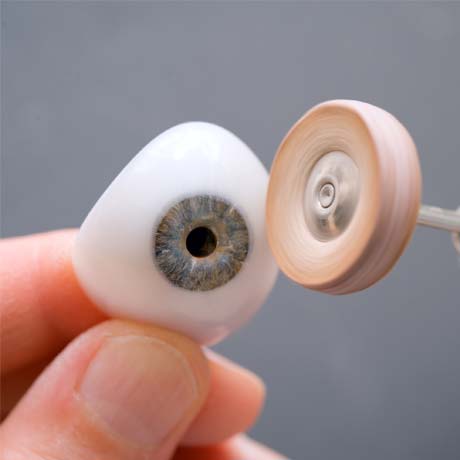The eye socket, or orbit, holds the eyes and their supporting structures in place. The eye socket is divided into four parts — inferior wall, zygomatic bone, medial wall and superior wall — and it's possible to have fractures in more than one area. Common eye socket issues can also include inflammation, abscesses, tumors and deformities in addition to symptoms from thyroid conditions. Our oculofacial surgeons at The Ohio State University Wexner Medical Center know how to treat the full range of conditions affecting your eye sockets.
- Thyroid Related Orbitopathy: Graves’ disease and other thyroid conditions can cause bulging eyes, double vision, eye pain and blindness. The orbital surgeons at the Ohio State Wexner Medical Center are trained to treat this chronic and often debilitating condition with medications and surgery.
- Orbital Inflammation: There are many causes of inflammation in the orbit, some of them idiopathic (no known cause) and some of them due to conditions like sarcoidosis and granulomatosis. Most of these conditions are treated with medications, but sometimes surgery is needed to discover the cause or to treat vision-threatening complications.
- Orbital Infection/Abscess: Most infections in the orbit respond to antibiotics, but if an abscess forms, it will often require surgery to drain the pus.
- Orbital Tumors: There are hundreds of different types of orbital tumors, most of which are benign. Imaging studies (MRI or CT scan) are usually necessary for diagnosis, and the treatment is different for each type. The orbital surgeons at the Ohio State Wexner Medical Center have extensive experience with treating orbital tumors.
- Orbital Fractures: The majority of orbital fractures do not need surgical repair, but those that do require special expertise, such as that provided by the orbital surgeons at the Ohio State Wexner Medical Center.
- Orbital Deformities: Trauma, surgery, tumors and other congenital or acquired conditions can cause an abnormal appearance of the eyes and face. The orbital surgeons at the Ohio State Wexner Medical Center have the expertise to assess your condition and decide what treatment options are best for you.


